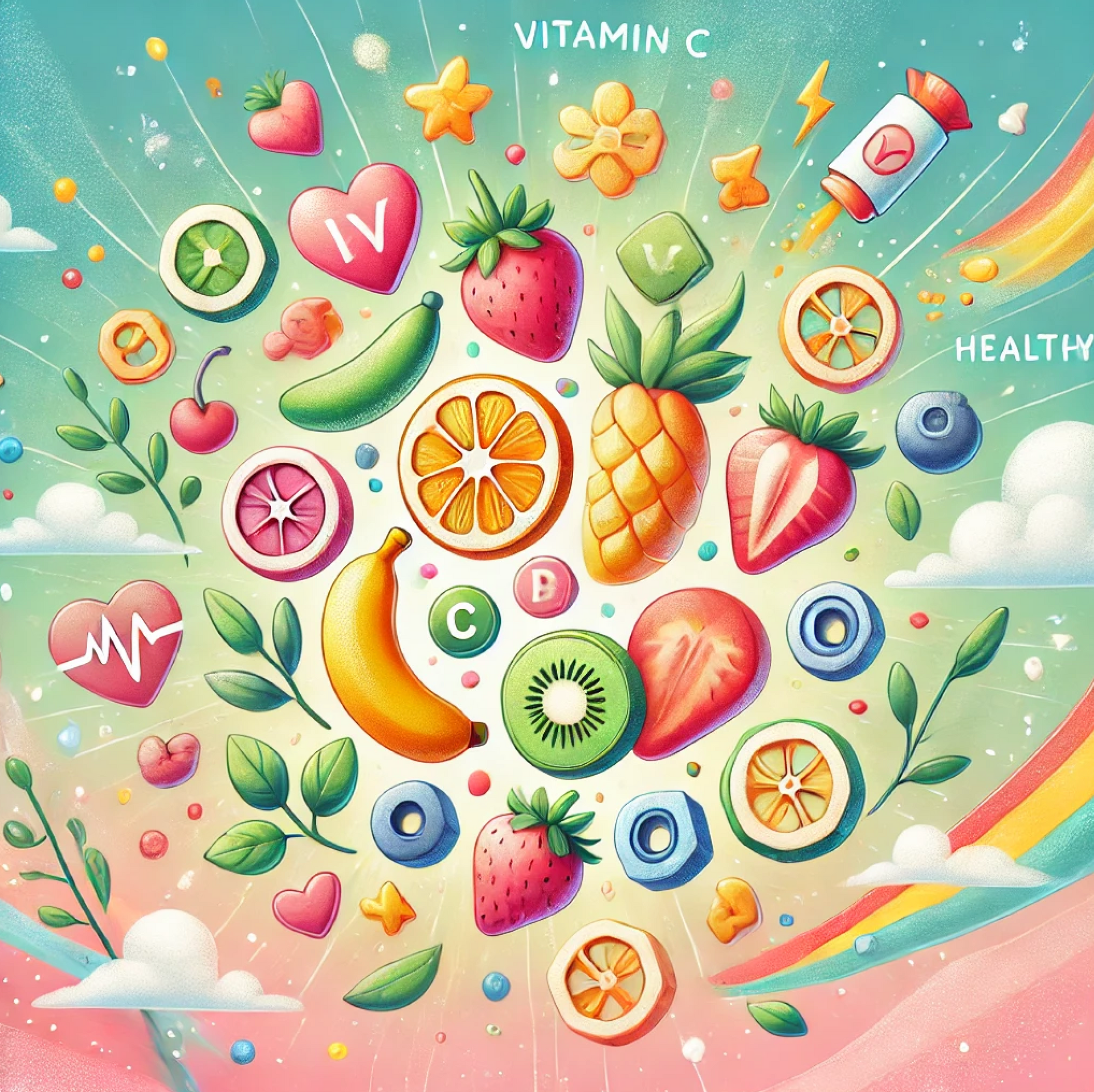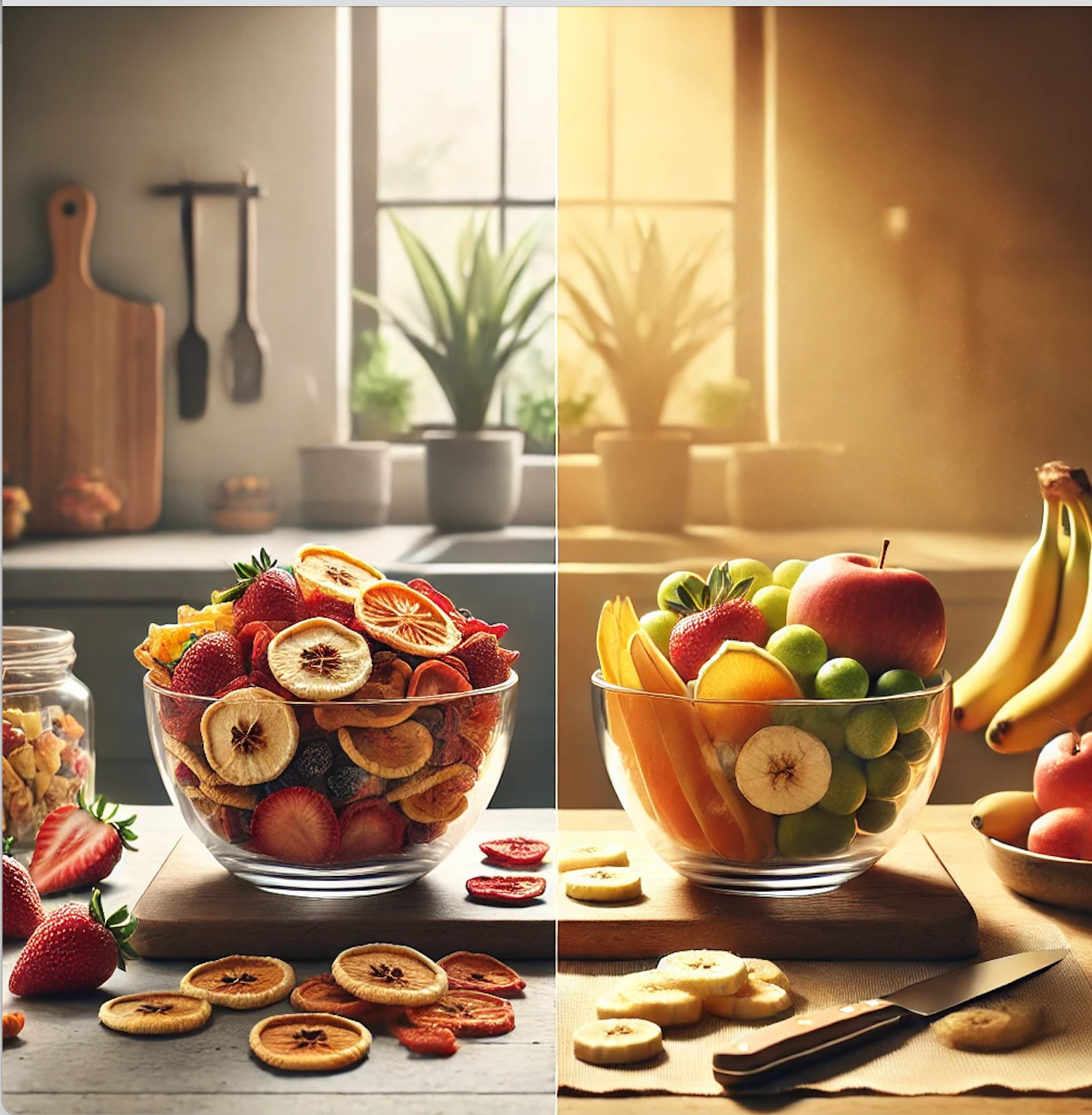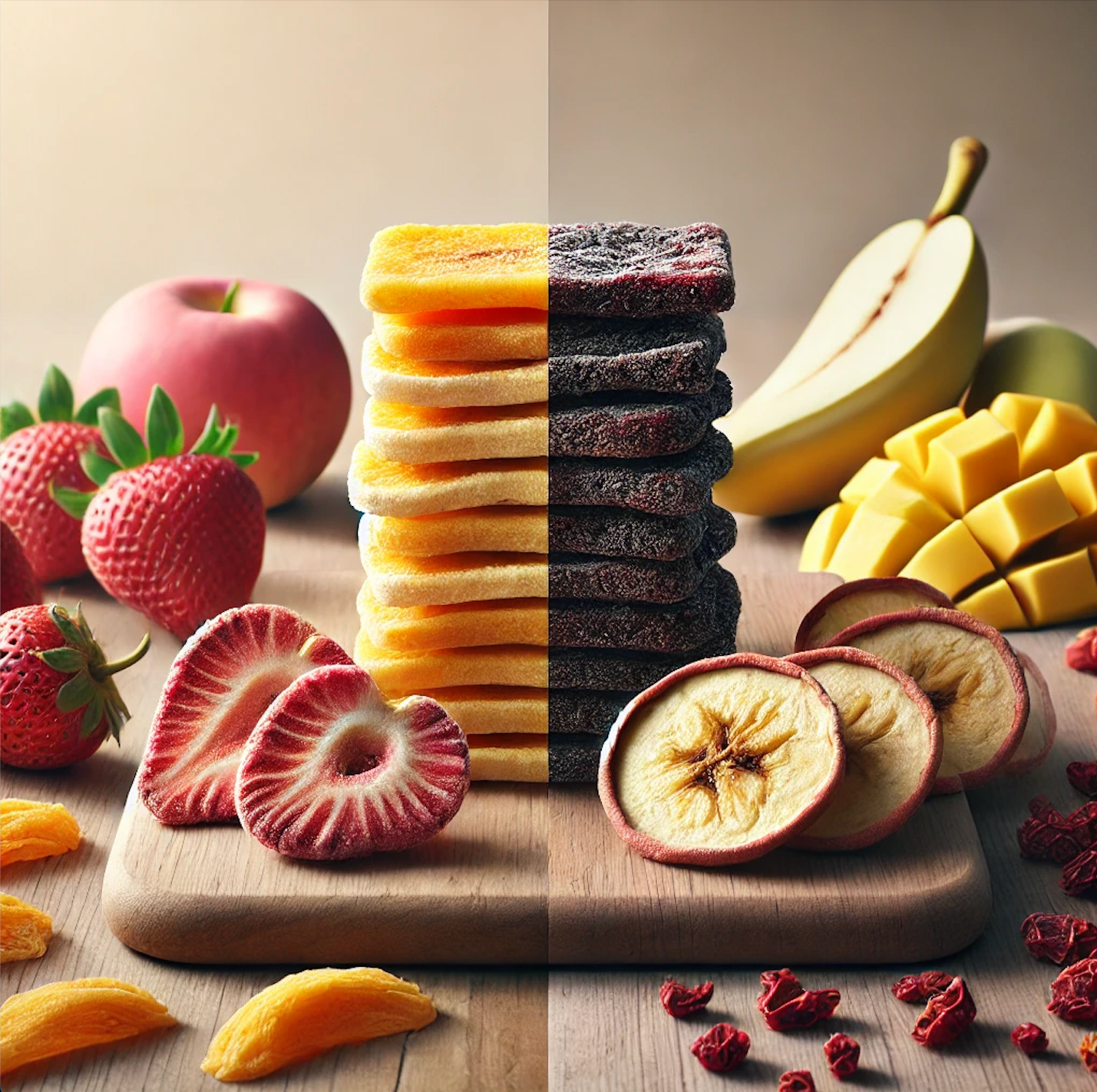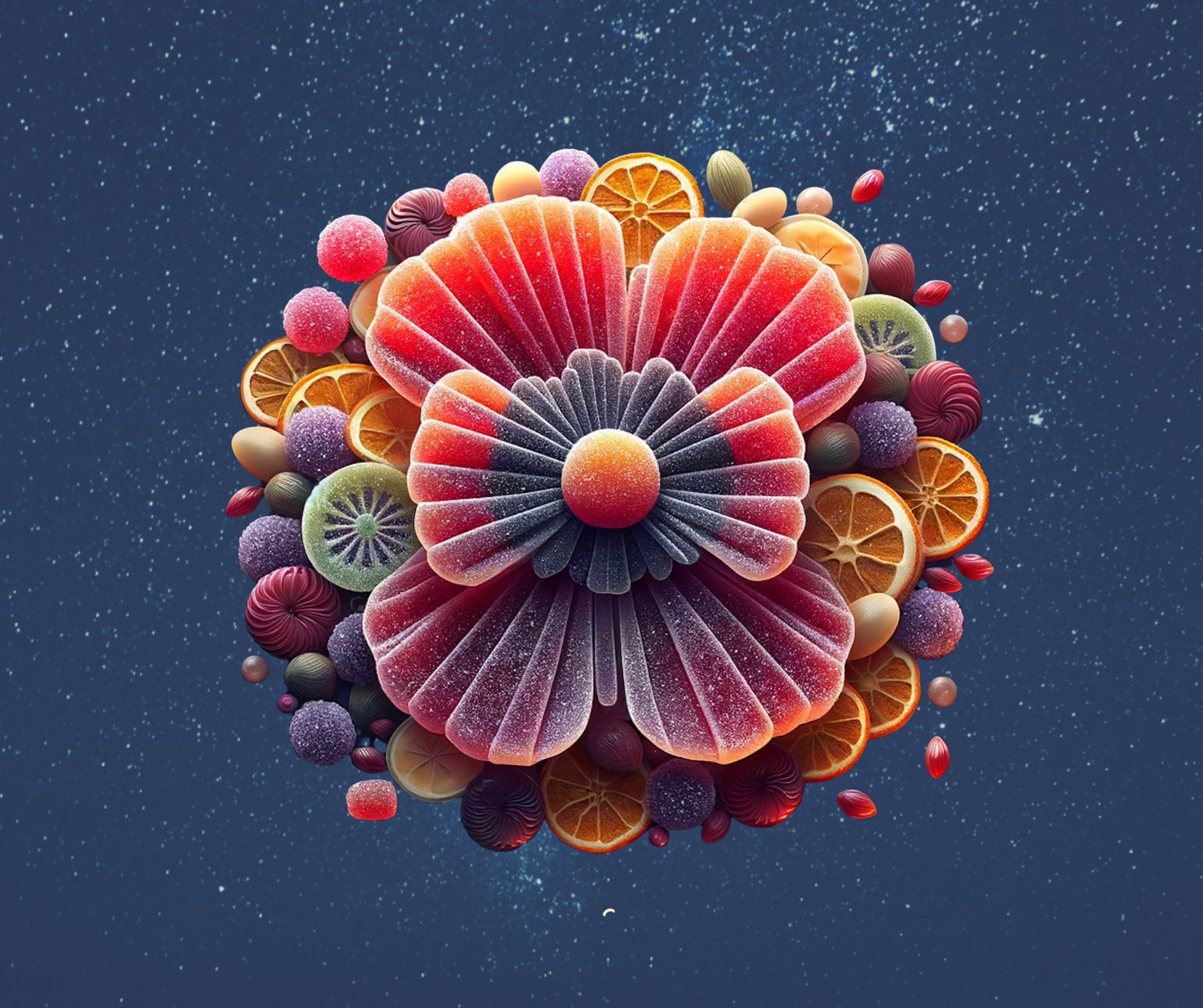Is Freeze-Dried Food Your New Healthy BFF or Just Another Fad?

The Freeze-Dried Lowdown
In a world where convenience reigns supreme and time is of the essence, freeze-dried food has made a grand entrance onto the health and nutrition stage. It promises to be your new best friend forever (BFF) in the kitchen – but is it all that it's cracked up to be? Let's break it down and separate the fact from the fiction.
Before we dive into the nutritional pros and cons, let's start with a brief freeze-dried 101. Freeze-drying is a process that removes moisture from food, preserving it for an extended period while retaining most of its original flavor, color, and nutrients. The process involves freezing the food, then subjecting it to a vacuum that allows the frozen water within the food to sublimate (turn from a solid directly into a gas), leaving you with a lightweight, crispy, and highly shelf-stable product.
The Good News
Nutrient Preservation
One of the most significant advantages of freeze-drying is its ability to retain a substantial portion of the food's original nutrients. Unlike traditional canning or dehydrating, which can lead to significant nutrient loss, freeze-drying locks in essential vitamins, minerals, and antioxidants. So, yes, you can still get your vitamins from a crunchy apple slice or some snappy broccoli florets.
Long Shelf Life
If you're a fan of planning for the zombie apocalypse, or maybe just a committed backcountry hiker, freeze-dried food is your saving grace. The lack of moisture means it can last for months or even years without refrigeration. You'll find freeze-dried meals at the ready for any adventure, from camping to space travel (yes, even astronauts love their freeze-dried ice cream).
Lightweight and Portable
Freeze-dried foods are as light as a feather, making them an ideal option for anyone on the go. Backpackers, hikers, and globetrotters can throw a pouch of freeze-dried goodies into their bag without worrying about lugging around heavy cans or fresh produce that'll turn into a mushy mess.
Reduced Food Waste
Not only does freeze-drying extend the shelf life of food, but it also reduces waste by allowing you to buy in bulk and use what you need when you need it. Say goodbye to the half-rotten veggies at the back of your fridge.
The Catch
Sodium and Preservatives
While freeze-dried foods can be healthy, they often contain added sodium and preservatives to enhance flavor and shelf life. It's essential to read the label carefully and opt for products with minimal additives. Remember, a salty astronaut might be okay, but salty you, not so much.
Pricey
Convenience comes at a cost. Freeze-dried foods are generally more expensive than their fresh or canned counterparts. However, if you consider the extended shelf life and reduction in food waste, it might be a justifiable splurge.
Limited Variety
The freeze-dried world is not as diverse as the fresh produce section. You won't find freeze-dried avocados or mangoes just yet. While many fruits and vegetables are available in freeze-dried form, some items might still require a trip to the grocery store.
Conclusion
So, is freeze-dried food good for you? The answer is a resounding "it depends." Freeze-dried foods offer remarkable benefits when it comes to nutrient preservation, shelf life, and convenience. They're an excellent option for those seeking a lightweight, portable, and waste-reducing solution for their culinary adventures.
However, they're not without their downsides, like the potential for added sodium and preservatives and the higher price tag. Freeze-dried foods should be considered as part of a balanced diet, not a complete replacement for fresh, whole foods.
So, embrace the convenience of freeze-dried foods when it suits your lifestyle, but remember that variety is the spice of life. Your new BFF in the kitchen is just one tool in your arsenal for maintaining a healthy and delicious diet.










